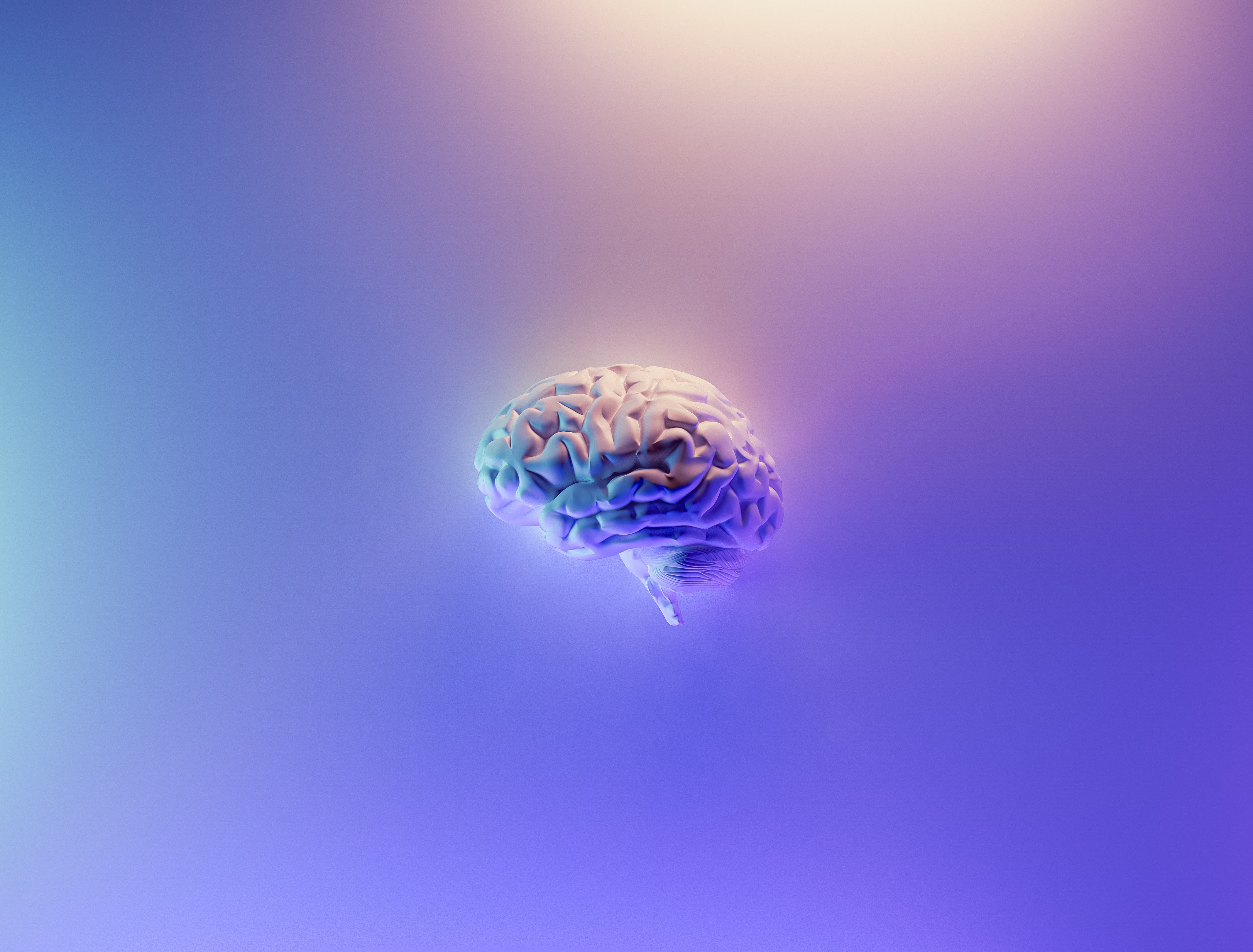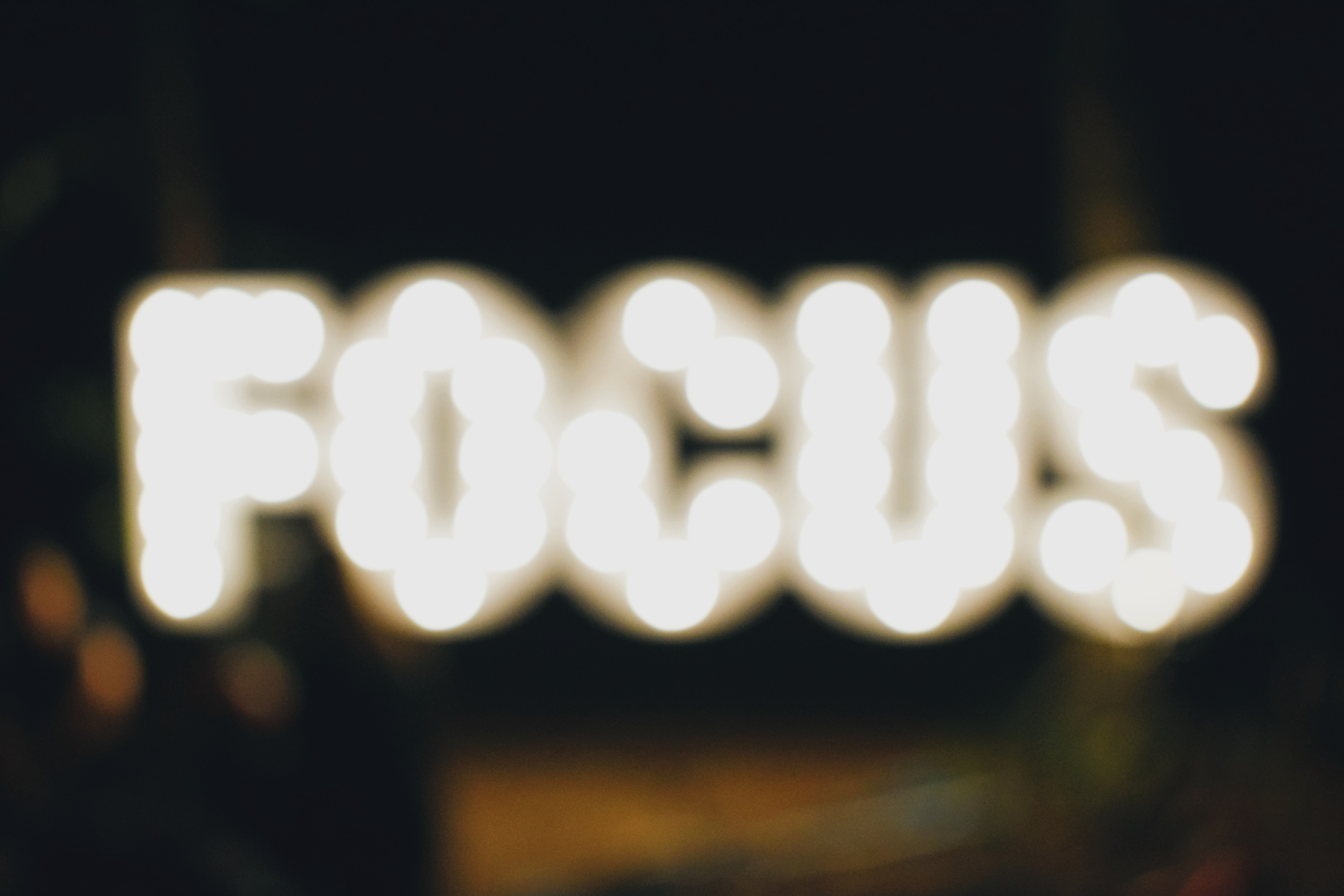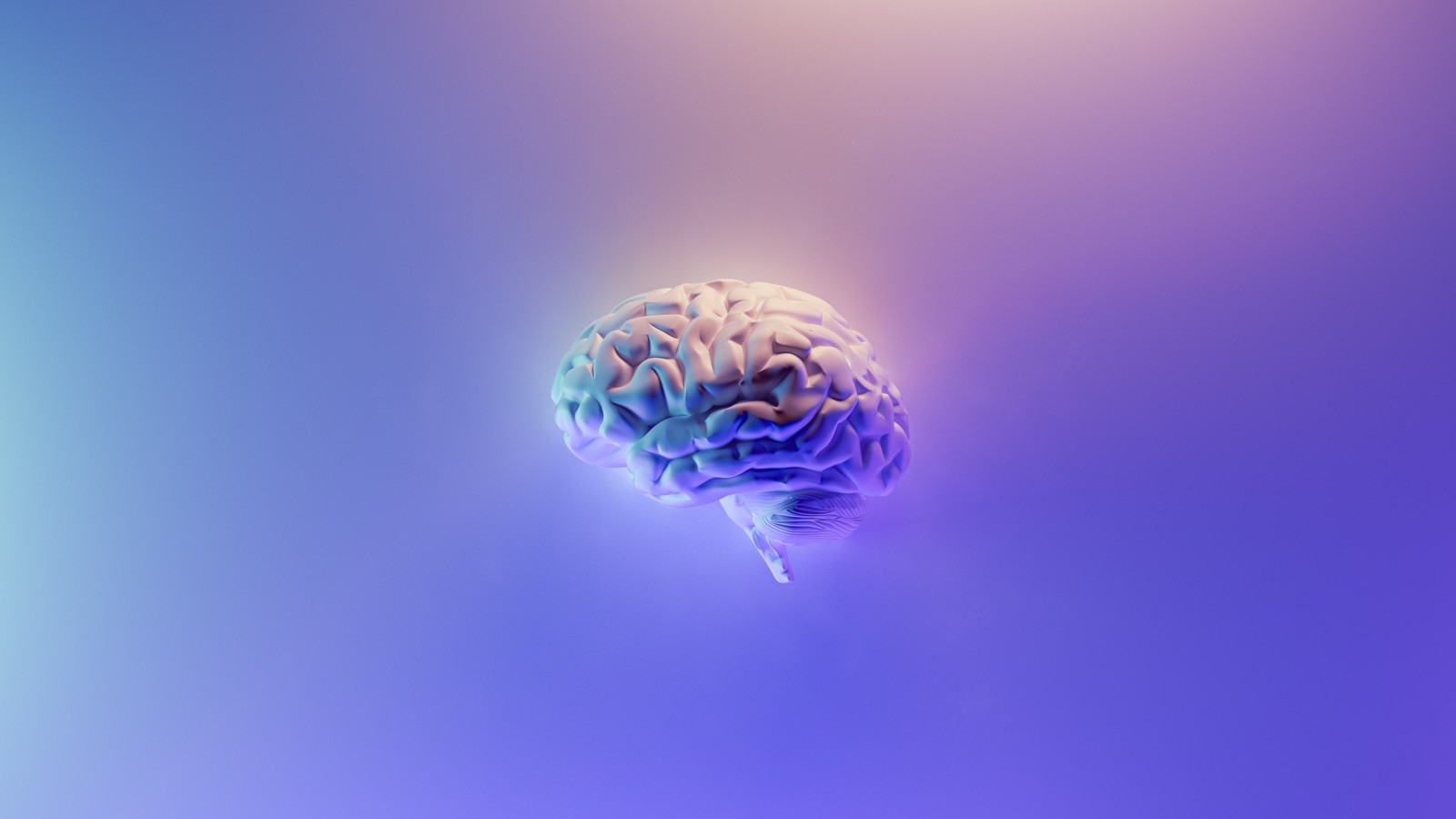Several capabilities make up Cognitive Performance, including memory, reasoning, holding attention, thinking, reading, and learning. By taking new information and receiving it in the appropriate areas in your brain, your cognitive performance aids you in processing it.

Using cognitive skills will help you to retrieve and use that information later on. You make your brain more efficient and effective at handling this process by developing cognitive skills. You also ensure that new information is understood and effectively processed.
When working with data, remembering team goals, attending meetings, and making decisions, cognitive performance helps you to be successful. The skills you develop in this area allow you to recall previous information about your organisation’s goals and connect old and new information, which will ultimately help you work efficiently.
What makes up cognitive performance?
There are nine different categories of cognitive performance spilt into four subcategories. Another way that your brain interprets and uses information effectively is through these cognitive skills:
Attention
● Focused attention
● Paying attention to certain things
● Distracted attention
Memory
● Memory over long durations
● Memories in use
Processing
● Process of analysing auditory input
● Processing of visual information
● The speed of processing
Problem Solving
● Reasoning and logic
Attention
Focused attention
When you maintain sustained attention, you keep focused on the same thing for a long time. When you have this skill at work, you can remain focused and motivated to work on one task until it is completed. Maintaining your focus helps you work toward long-term goals rather than moving on to other projects.
Paying attention to certain things
While there may be many distractions around you, selective attention helps you keep your attention focused on one task. As you focus on one task, it is easier to decide where to place your attention among several options. If you answer email instead of socialising with coworkers or checking your phone, you will engage in selective attention.
Distracted attention
If you have to pay attention to two or more things simultaneously, divided attention helps. As an example, you may complete your current project and prepare for your next project at the same time. It is easier to accomplish today’s task with divided attention than to neglect tomorrow’s project.

Memory
Memory over long durations
You can recall past information with the help of long-term memory. You may use this to recognise the main points of the meeting last week or recall the name of a colleague you met three years earlier. You can also apply previous workplace training to current tasks by using long-term memory.
Memories in use
Working memory assists you in retaining information as you use it. It is also referred to as short-term memory. You may have a robust working memory if you find yourself not having to refer back to the instructions when working on a project. You can also use your short-term memory to retain things from a recent conversation.
Processing
Process of analysing auditory input
Using auditory processing, your brain filters, analyses, and segments sound for use immediately or in the future. By internalising sounds and interpreting and using the information you heard, this cognitive skill can help you engage with customers, leaders, and colleagues.
Processing of visual information
You can interpret images more effectively with visual processing. Using your strong visual processing skills, you can analyse designs, proofread essential documents, and draw attractive graphs and tables.
The speed of processing
Performing tasks quickly and accurately is the last cognitive skill. The faster your brain processes information, the more effectively it can be applied to other tasks. It helps you complete tasks efficiently and effectively by increasing your productivity when you develop this skill. Identifying your project’s needs and brainstorming solutions is swift and easy when processing speed is high.
Problem Solving
Reasoning and logic
Solving problems and generating ideas require logic and reasoning skills. Logic and reasoning skills are utilised by identifying the company’s/project’s needs and solving problems to meet those needs. Also, logic plays a role in analysing data and compiling reports.
How can you enhance your cognitive performance?
Enhancing your cognitive abilities can help you succeed in just about any area of your work. You can improve your attention skills by being a better listener, as well as staying on task. You may also generate creative solutions to long-term problems by developing your logic and reasoning skills. To improve your cognitive abilities, here are a few ideas:
● Reduce stress
● Understanding the importance of your body
● Concentrate on focusing
● Rest and recovery
Reduce stress
Focus and attention span can be improved by reducing your stress levels. Try to take time out of stressful situations whenever possible. Stress-reduction activities are an excellent alternative if you are not able to remove yourself. Put on some headphones and listen to music to focus your thoughts while you walk around your office or, if possible, take a brief walk around your workspace. Consider doing yoga or exercising at home.
Meditation also assists in reducing stress by sitting comfortably, focusing on your breathing, and paying attention to your thoughts. You can enhance your attention skills and concentration by implementing these stress-reduction strategies.
Understanding the importance of your body
A healthy body can enhance your mental abilities. Get enough sleep every night, eat a healthy diet, and drink plenty of water every day to boost your ability to pay attention. Your memory skills are also dramatically improved by enough sleep both REM and slow-wave (watch here to find out how to improve your sleep), as sleep helps your brain organise and store memories.
Concentrate on focusing
It is possible to deliberately focus your mind throughout the day to improve attention and memory. When you’re at work, try to get rid of distracting factors and attempt to remain focused for as long as possible. Wear headphones if you are permitted to wear them at your workplace, or you can put your phone away.
By engaging more senses, you can improve your focus. Try reading aloud the concern of a client or memorising a poem or familiar passage from a book by repeating it aloud.

Rest and Recovery
Using cognition and performing mental tasks is energy-draining; this is where the idea of cognitive load comes from. Like physical load, we must make sure that we recover and rest from bouts of cognitive work. Sleep is the greatest tool for recovery; however, there is clear evidence that most cognitive athletes, or people that require their mental performance at the highest level to be successful, do not get enough sleep. Lack of sleep has been shown to lead to poorer short-term memory, reduced attention and processing speed and reduced mood in a 2010 meta-analysis (Lim, 2010).
Cognitive Performance At Work
In most workplace situations, cognitive performance is applied in the following conditions:
Pattern recognition
Logic, reasoning, and memory skills can be combined to recognise patterns. It might be evident in the data, or it might be a repeating result from the workplace. Recognising that particular pattern can aid in focusing on the most effective strategies. Problem-solving is a skill that is in high demand and will be for the foreseeable future.
Resources analysis
Examine data and reports with the help of your reasoning skills. Don’t simply think about the features that can make a project successful. Analyse your data rather than skim a report and ask critical questions. Finding creative solutions to problems can be helped by being analytical.
Focus your attention
You can more productively handle tasks by focusing on the cognitive skills that enable you to do so. You can accomplish specific tasks more quickly and accurately when you focus on them effectively, allowing you to complete other tasks. Concentrating on your goals and milestones can also permit you to be more productive during meetings, listen to your colleagues and accomplish things more effectively.
Summary
I hope that you now have a better understanding of what cognitive performance is and how we can improve it. Take a look at our article on sleep performance as the most important recovery tool here.
Let us know if you have any questions here.
Lee
Director and Founder
Reference:
Lim J, et al. A meta-analysis of the impact of short-term sleep deprivation on cognitive variables
Psychol Bull. 2010;136(3):375–389.


